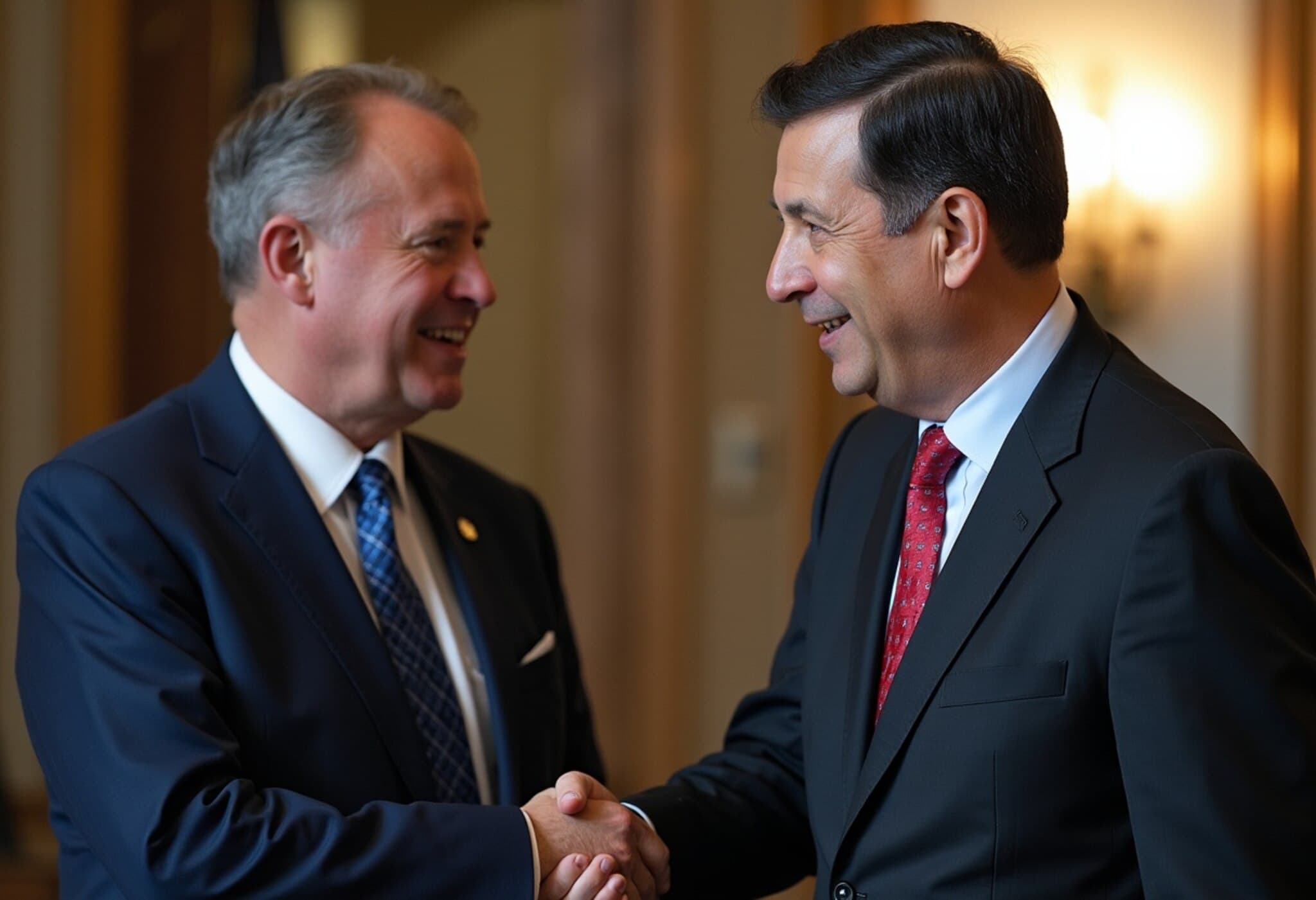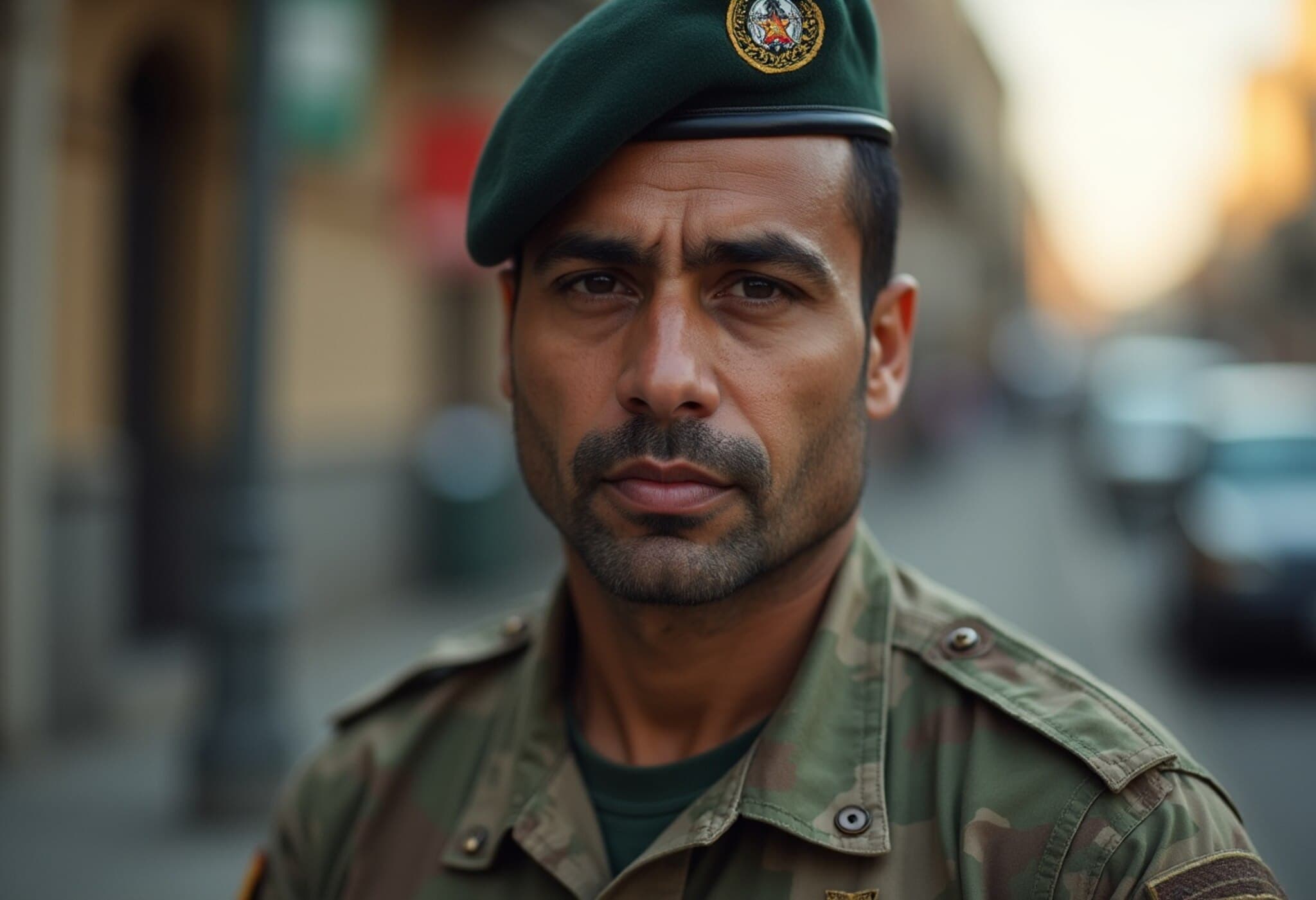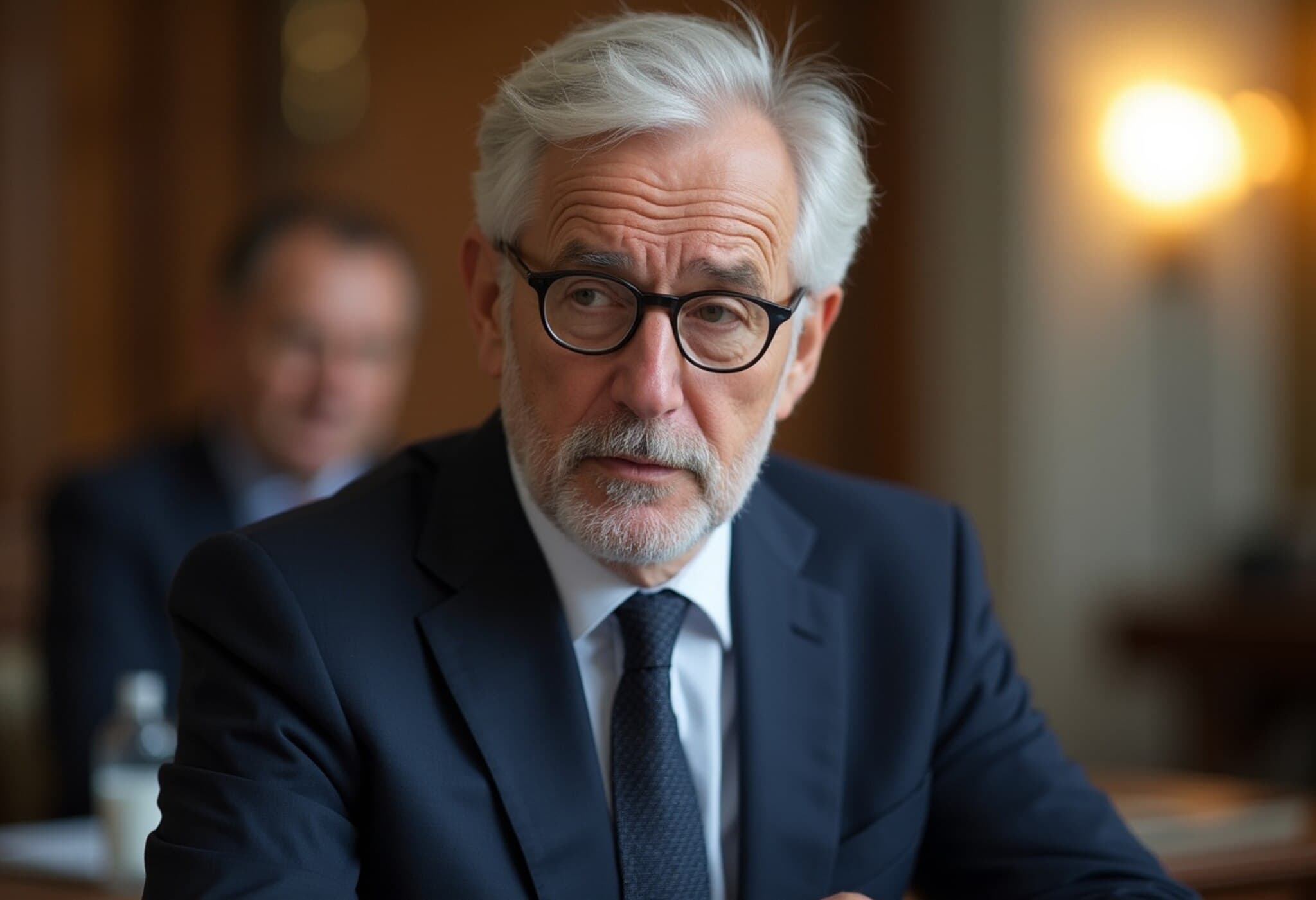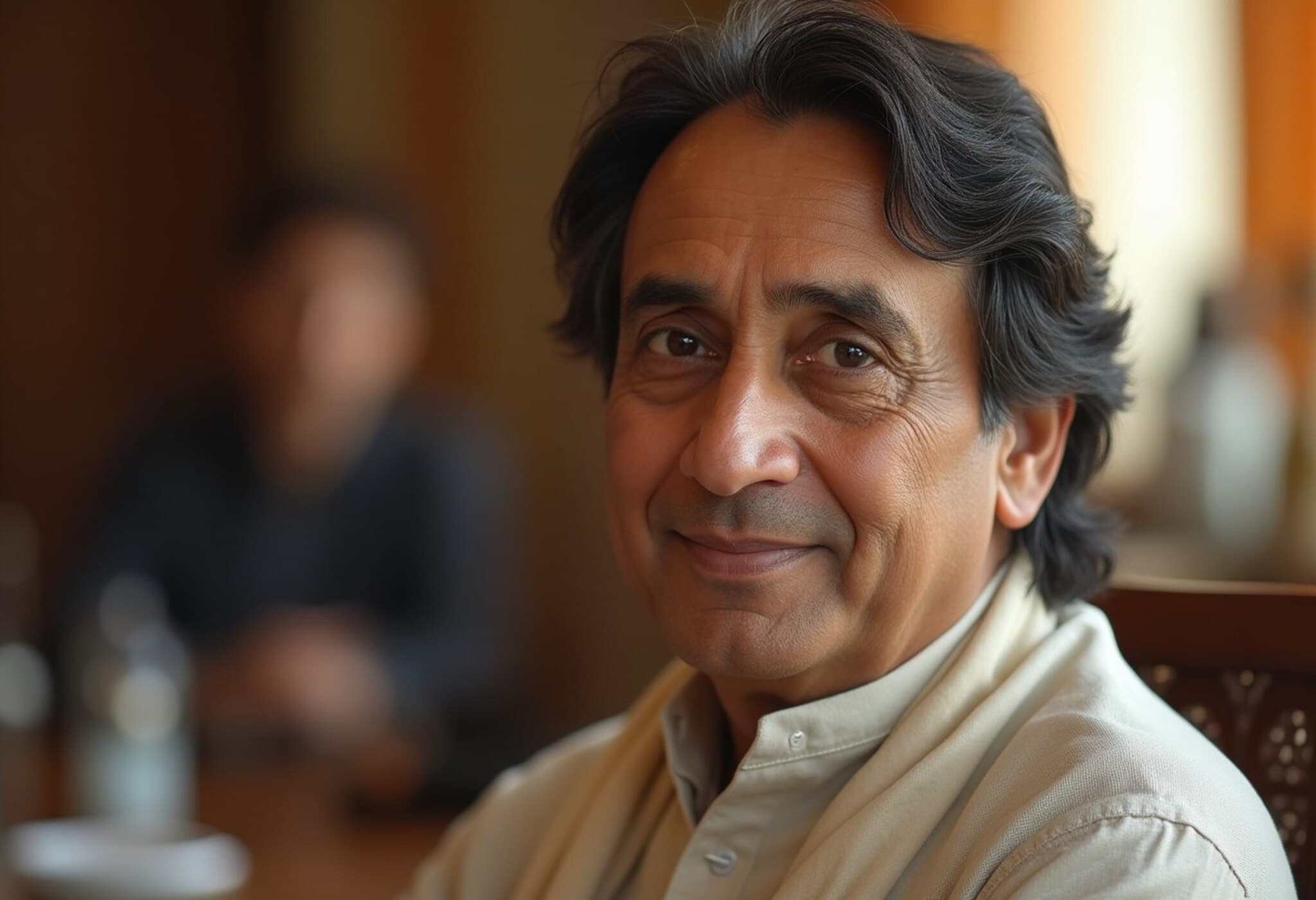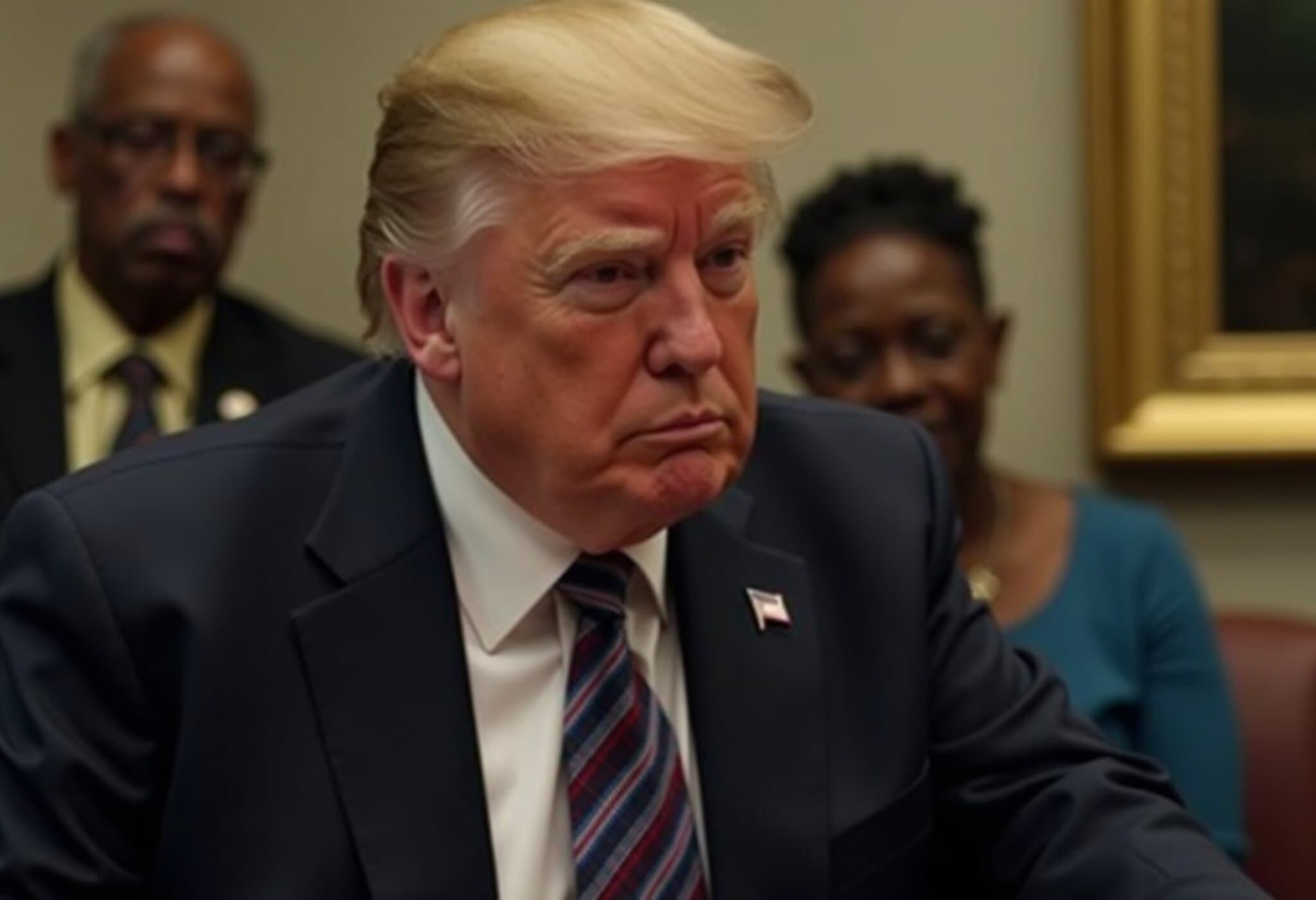US-Venezuela Prisoner Swap Talks Collapse Due to Mixed Signals from Trump Administration
Efforts to broker a prisoner exchange between the United States and Venezuela fell apart following a rare diplomatic misstep — two senior US officials separately negotiating with Venezuelan representatives without any coordination. This disjointed strategy contributed to the failure of a deal that could have seen the release of dozens of detainees on both sides.
Context: A Tense Relationship Clouded by Sanctions and Political Prisoners
The United States currently holds several Venezuelan nationals in custody amid heightened immigration enforcement under former President Donald Trump’s administration. Meanwhile, Venezuela retains a number of Americans and numerous Venezuelan political prisoners, fueling tensions against a backdrop of severe US sanctions targeting Caracas.
Since Nicolas Maduro’s rise to power in 2013 — a tenure marked by contested elections and an iron-fisted approach — relations between Washington and Caracas have remained strained, often playing out in tit-for-tat detentions that complicate diplomatic progress.
Split Negotiations: Rubio and Grenell Speak Separately to Venezuelan Officials
A recent report from The New York Times revealed that two high-profile Trump administration officials—Secretary of State Marco Rubio and US Venezuela envoy Richard Grenell—engaged separately with the same Venezuelan representative, National Assembly Speaker Jorge Rodríguez, without coordinating their approaches or messaging.
- Rubio and Grenell offered conflicting terms for the prisoner exchange, which created confusion among Venezuelan negotiators about who represented the definitive US position.
- Rodríguez reportedly favored Grenell’s proposal, which included the continuation of Chevron’s oil operations in Venezuela, a critical lifeline for the country’s sanctions-battered economy.
Chevron’s Role and the White House Contradiction
Grenell’s offer to allow Chevron to maintain its Venezuelan oil operations was a significant concession, given how vital oil revenue is for Maduro’s government. However, this offer clashed with broader White House policy, which does not currently authorize Chevron’s ongoing operations in Venezuela.
This internal contradiction signaled a lack of unified policy-making within the Trump administration. It is this disconnect that ultimately stalled negotiations and left all parties without a deal.
The Human Stakes: Prisoners Caught in the Political Crossfire
The proposed swap would have freed approximately 11 Americans and permanent residents, including Lucas Hunter and Jonathan Pagan Gonzalez, detained in recent years, alongside nearly 80 Venezuelan political prisoners. For families on both sides, the failure of this deal represents a devastating setback, prolonging uncertainty and hardship.
What This Says About US Foreign Policy and Diplomacy
This episode highlights the challenges of executing coherent and effective diplomacy when internal coordination breaks down. In a complex geopolitical landscape involving sanctions, human rights concerns, and economic pressures, sending mixed signals can erode trust and obstruct painstaking negotiations.
From a broader American policy perspective, this incident raises important questions:
- How prepared are US administrations to maintain a consistent message across various diplomatic channels, especially in high-stakes situations?
- What steps can be taken to prevent political brinkmanship from endangering humanitarian outcomes, like prisoner exchanges?
- How might future negotiations reconcile conflicting policy goals — sanction enforcement versus humanitarian relief — without sacrificing either?
Looking Forward: A Window for Diplomatic Revival?
Despite the current impasse, reports indicate that the Trump administration remains open to resuming talks with Venezuela in hopes of achieving a prisoner swap. Success will likely depend on establishing unified leadership and clear communication.
For now, the fate of those caught amid these geopolitical chess moves remains uncertain, underscoring the deeply human consequences that lie beneath high-profile policy failures.
Editor’s Note
The collapse of the US-Venezuela prisoner swap shines a light on the critical importance of coherent diplomacy in resolving humanitarian crises. This episode not only underscores internal policy contradictions during the Trump era but also challenges future US administrations to strengthen interagency coordination—particularly when human lives are at stake. As sanctions regimes and political turmoil continue to strain US-Venezuelan relations, observers must ask: can pragmatic human diplomacy eventually break through entrenched political barriers? The answer holds profound implications for international relations and accountability.

